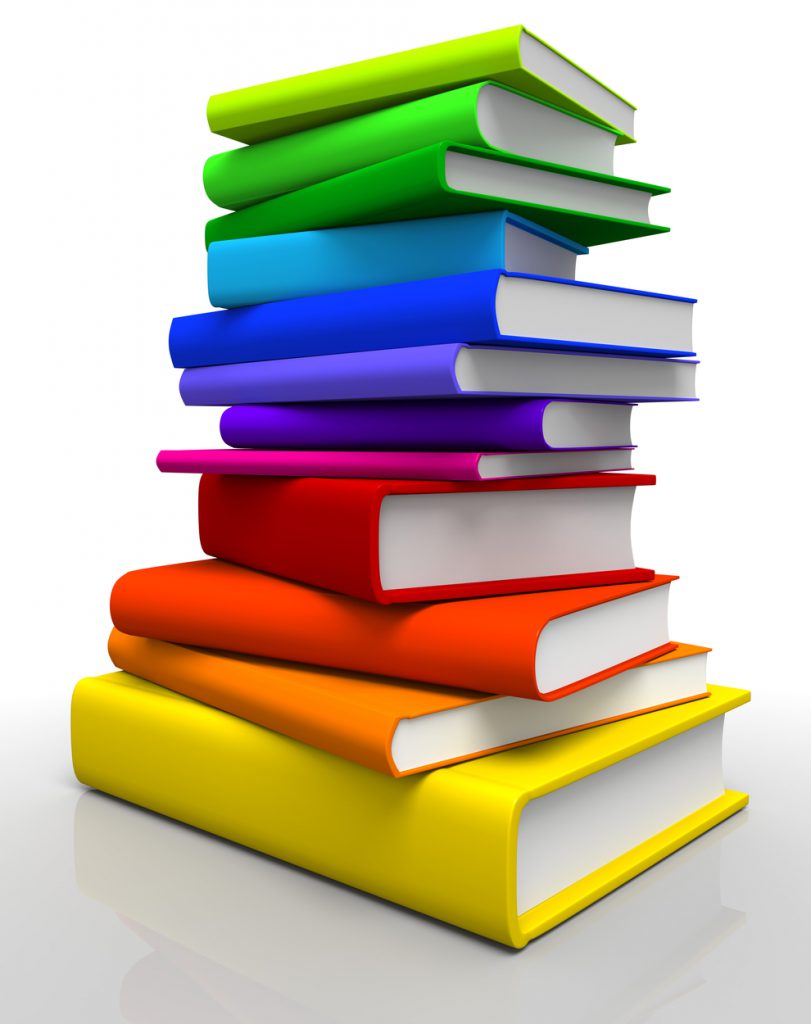M.A. English and Comparative Literature
The Department of English, one of the oldest Departments of the University, was established in 1986, and since its inception, the Department has been the hub of teaching and research activity, attracting a cross-section of students and research scholars from all over the country. It has established itself as a stronghold of Comparative Literature, fostering Comparative Literary Studies between English and other literatures. In recent years, Translation Studies, Cultural Studies, Gender and Feminist Studies, Eco-critical Studies, Subaltern Studies and Disability Studies too have emerged as thrust areas, inspiring inter-disciplinary and intra-disciplinary insights among faculty and students alike.
At the Postgraduate level, the Department of English offers courses in poetry, drama, prose and fiction of canonical British literature, American literature, and other National literatures thus offering a good training for UGC-NET aspirants, and all those who are keen in furthering their research and academic output. A high point of our M.A. Programme is the research project that encourages individual initiative and independent study. Through a number of soft core courses such as such as Media Studies, Postcolonial Studies, Digital Literary Studies, Medical Humanities, Race Studies, Visual Culture, and World Literature the department equips students and scholars with emergent trends in Literature. The combination of the compulsory papers along with an array of specialized electives, make the M.A. programme, a perfect blend of the traditional and the modern and provides students a considerable degree of choice, both in developing personal interests as well as furthering academic interests.
Focus Areas
.
of the program
British Literature
Designed to provide a traditional base to English Studies courses from Chaucer to the Modern with special relevance to Shakespeare is taught.
American Literature
Thrust area is mapping the North American literature from the 19th Century to the present day. Equips students to create a database for further research.
Literary Criticism
Helps the students to comprehend the varied ways by which literary criticism helped in the generation of new ideas within Humanities and provides knowledge of emergent theories in Humanities.
Comparative and Translation Studies
The courses under these rubric provide sustenance in creating an inter-disciplinary method of inquiry.
Who can prefer this Course
Eligibility
Bachelor’s degree in English with a minimum of 50% of marks in part
III or a high second class in English under part I or Part II.
The entrance Examination would comprise 100 Multiple Choice Questions of a general nature drawn from Undergraduate syllabi from Indian Universities. The major focus is on poetry, prose, drama and literary criticism — British, American, Indian and New Englishes —that an undergraduate is expected to be familiar with. In other words, an overall awareness of literature is what is tested.

